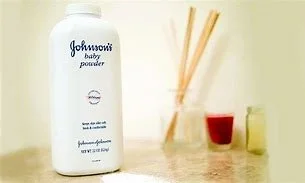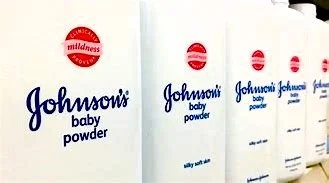NEWS | The Hidden Dangers of Asbestos in Consumer Products
The Hidden Dangers of Asbestos in Consumer Products
Asbestos, once a common ingredient in various consumer and industrial products, has been revealed as a significant health hazard, causing life-threatening diseases. The discovery of asbestos in talcum powder, particularly in products sold by Johnson & Johnson, has underscored the hidden dangers that lurk in everyday items.
Understanding the Risks of Asbestos Exposure
Exposure to asbestos fibres can lead to several severe health conditions, including mesothelioma, lung cancer, and asbestosis. These conditions often develop after many years of exposure, making it difficult to trace and manage the initial source. The latency period for these diseases can be extensive, with symptoms sometimes not appearing until decades after exposure.
Asbestos in Talcum Powder and Consumer Awareness
For years, millions used talcum powders for personal hygiene without being warned about the presence of asbestos. The true extent of this exposure only emerged through litigation. Legal documents have shown that Johnson & Johnson knew about the asbestos contamination in their talc products as early as the 1950s. Despite this early knowledge, the company failed to implement adequate warnings and safety measures, resulting in widespread public exposure.
There are currently approximately 34,000 outstanding lawsuits against Johnson & Johnson. Notable developments include:
2018: Johnson & Johnson was ordered to pay $4.7 million in a settlement to 22 women.
2019: The company recalled 33,000 bottles of talc powder due to safety concerns and was later ordered to pay $37 million to six women.
2020: A $750 million fine was levied in four mesothelioma cases. In the same year, the sole supplier of Johnson & Johnson's talc powder put three mines up for sale amid rising lawsuits, and the company ceased all North American sales of talc powder, transitioning to a cornstarch-based product.
2021: Johnson & Johnson established LTL Management to handle ongoing claims.
2022: The company announced it would discontinue global sales of its talc powder by 2023, completing a worldwide shift to cornstarch-based products.
2024: Johnson & Johnson and Kenvue (formerly part of J&J) ordered to pay $45 million to the family of a woman alleged to have died from cancer through the use of Johnson’s baby powder.
Impact of Lawsuits on Public Safety and Corporate Responsibility
The lawsuits against Johnson & Johnson have played a pivotal role in raising public awareness about the risks of asbestos. These legal actions have not only resulted in significant financial penalties for the company but also forced a re-evaluation of regulatory practices and consumer safety standards both in the United States and internationally. As of recent years, Johnson & Johnson has faced thousands of lawsuits from consumers who claim to have developed cancer from their talc-based products.
The century-long era of using mined talc powder has finally concluded. Although we may witness more lawsuits and settlements due to the lengthy latency period of asbestos-related diseases, there is hope for a future where no more deaths arise from the use of Johnson & Johnson's baby powder.


